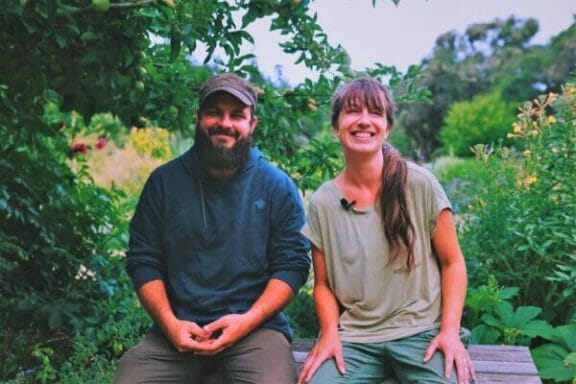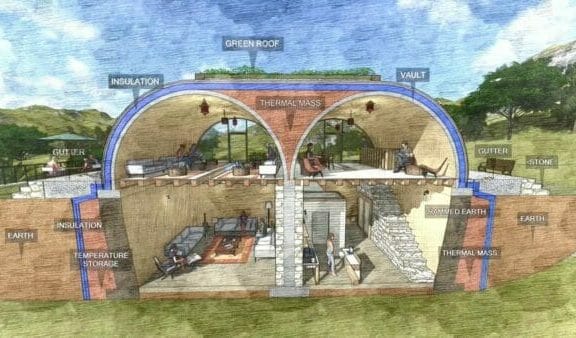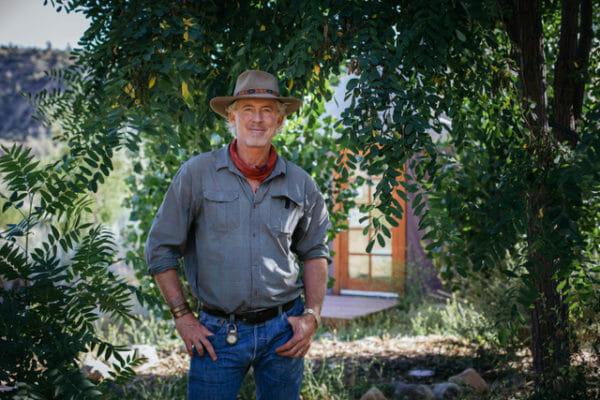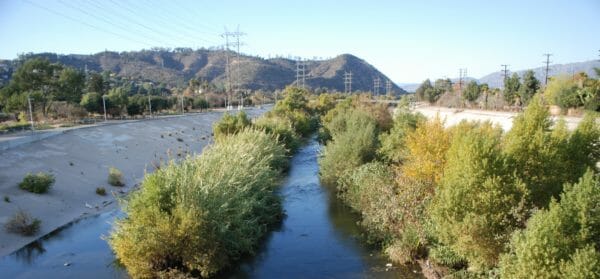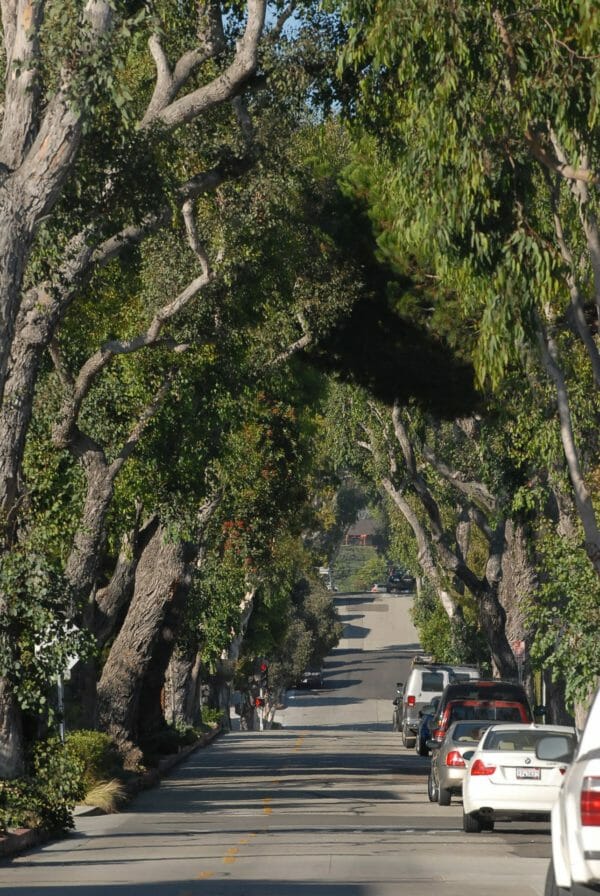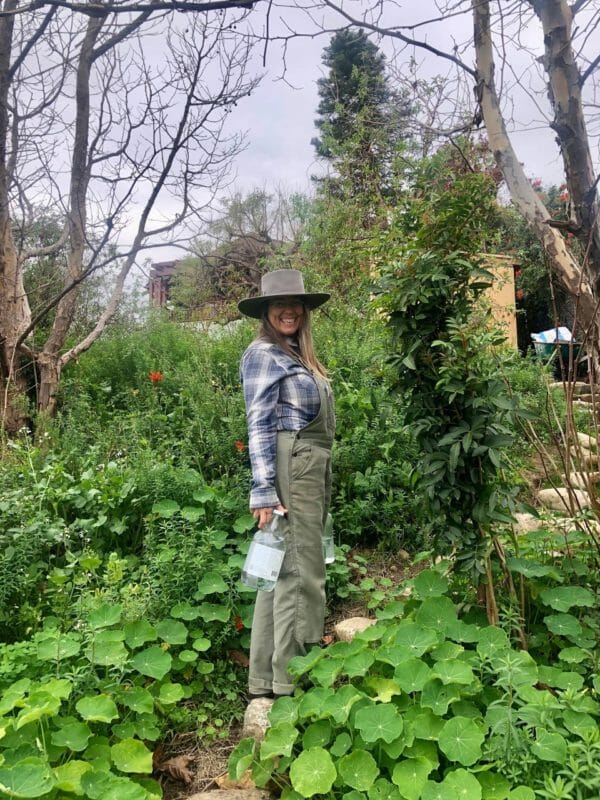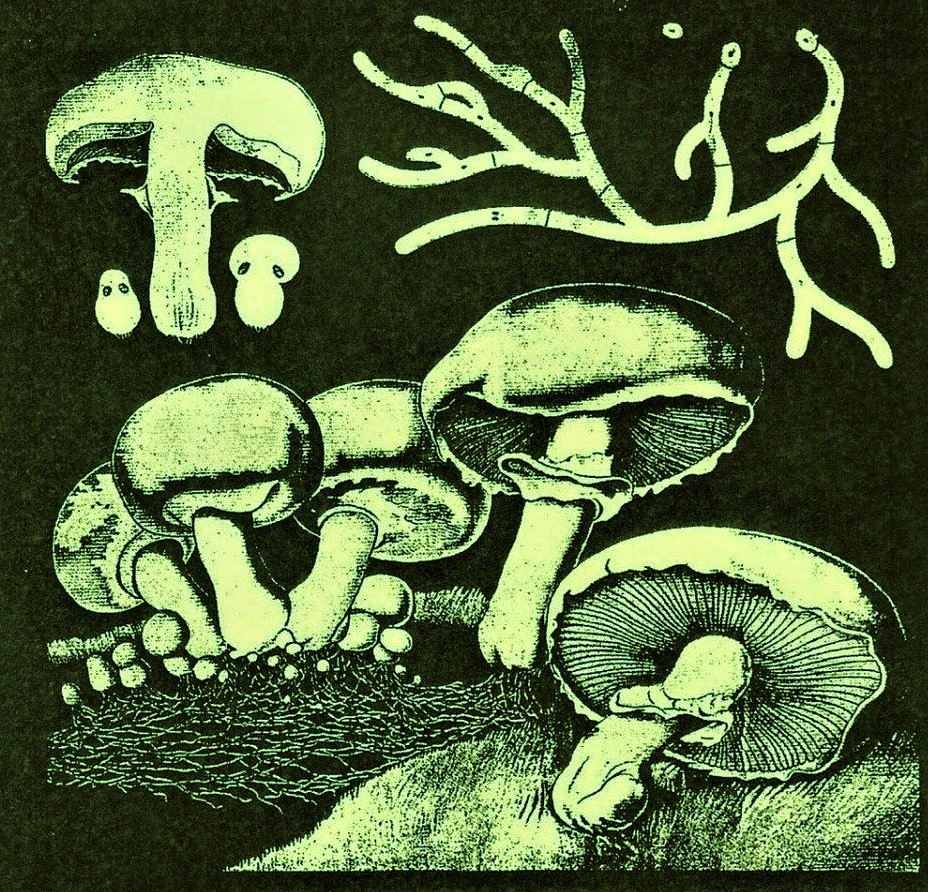Regardless of dire conditions, drought is not a fixed conclusion: it is a sign. A sign of imbalance in our relationships to soil and the water cycle.
Sustainability
Biotonomy: Designing Nature-Based Autonomous Buildings and Cities
EcoJustice Radio spoke with architectural designer Moein Nodehi of Biotonomy about Nature-based approach for buildings and cities to address climate and biodiversity emergency.
A Global Perspective on Permaculture Design with Warren Brush
Hear on EcoJustice Radio renowned permaculture and resilience designer Warren Brush contemplate the importance of ecological balance across the globe.
Los Angeles River Revitalization: A Master Plan Gone Awry
Environmental and social justice groups speak with EcoJustice Radio on the lack of vision and environmental, land use, and community protections in the LA River Revitalization Master Plan
Trees Please: Saving and Serving the Urban Forest
Two Los Angeles arborists talk urban forestry with EcoJustice Radio, and about the need to plant and care for trees to strengthen urban ecosystems and heal the climate.
Ecological Succession: Moving Toward Regeneration with Linda Gibbs
Permaculture Educator Linda Gibbs from Woodshed Gardens speaks with EcoJustice Radio on Ecological Succession, Fire Resiliency, and Soil Regeneration Principles.
Radical Mycology: The Future is Fungi with Peter McCoy
EcoJustice Radio speaks with Peter McCoy, Founder of Mycologos, the world’s first mycology school, and Founder and Creative Director of Radical Mycology, a mushroom and fungi advocacy foundation. He and host Carry Kim discuss the grassroots movement and social philosophy behind using regenerative natural mushroom farming to promote ecological restoration and create food and medicines.

